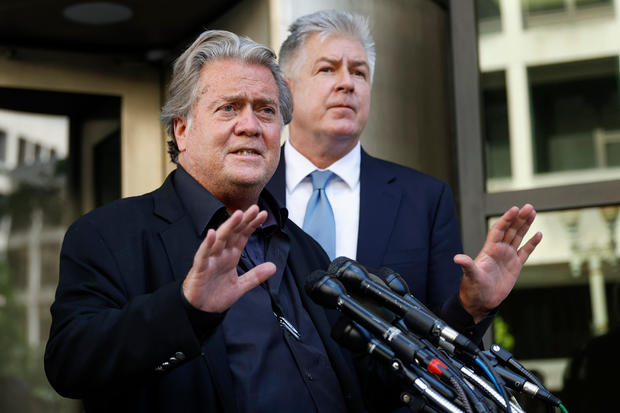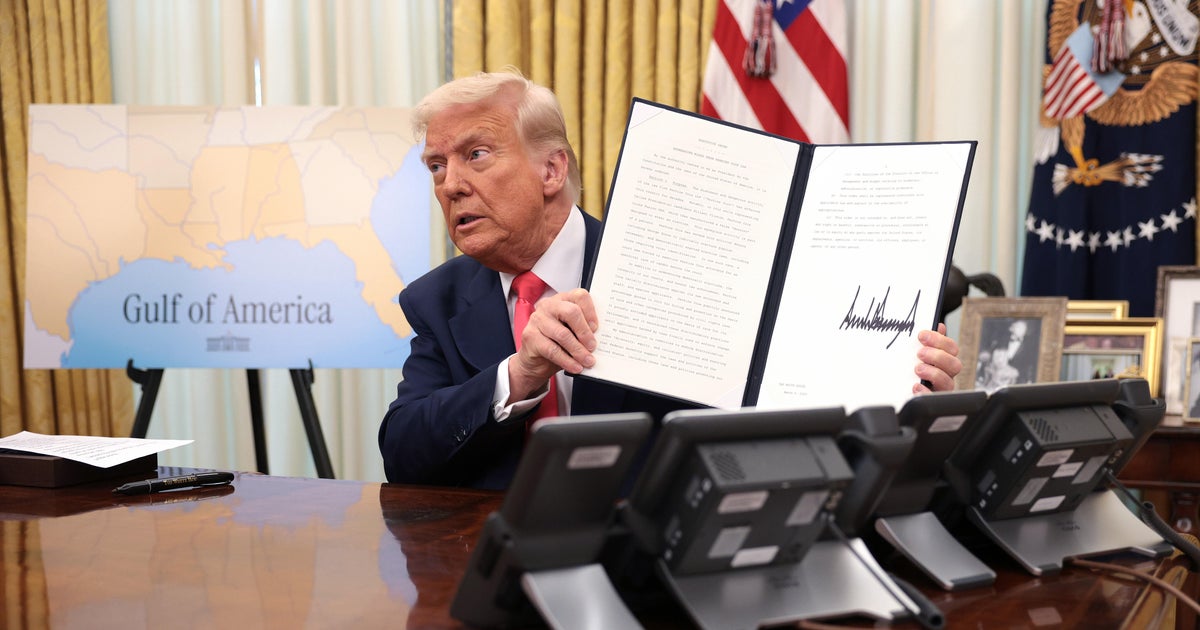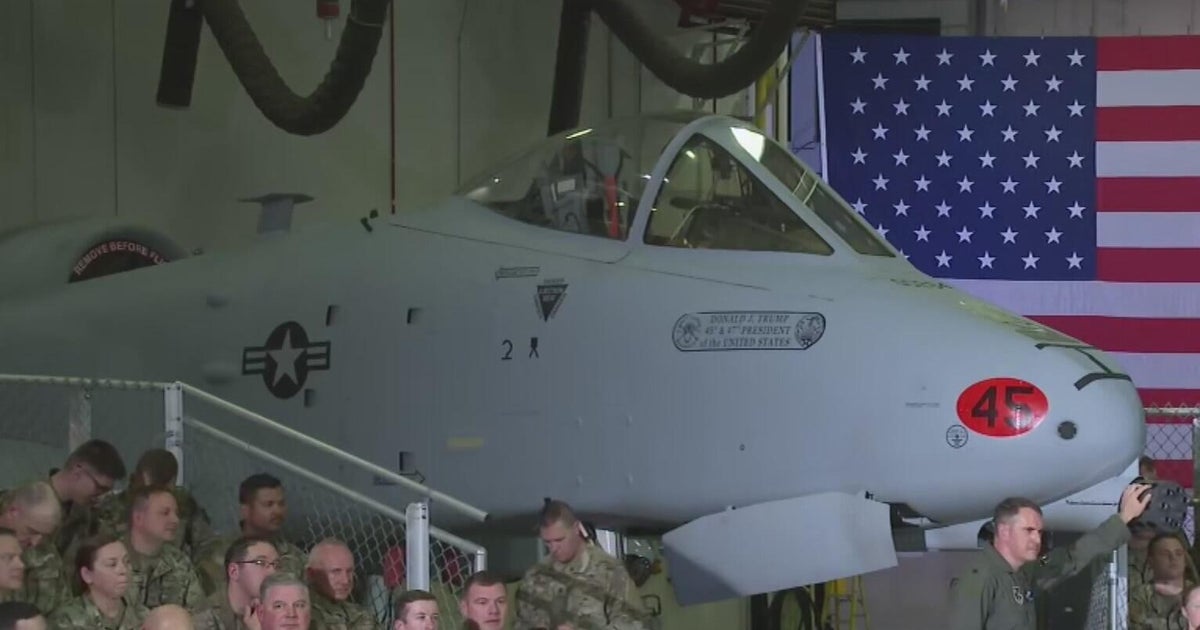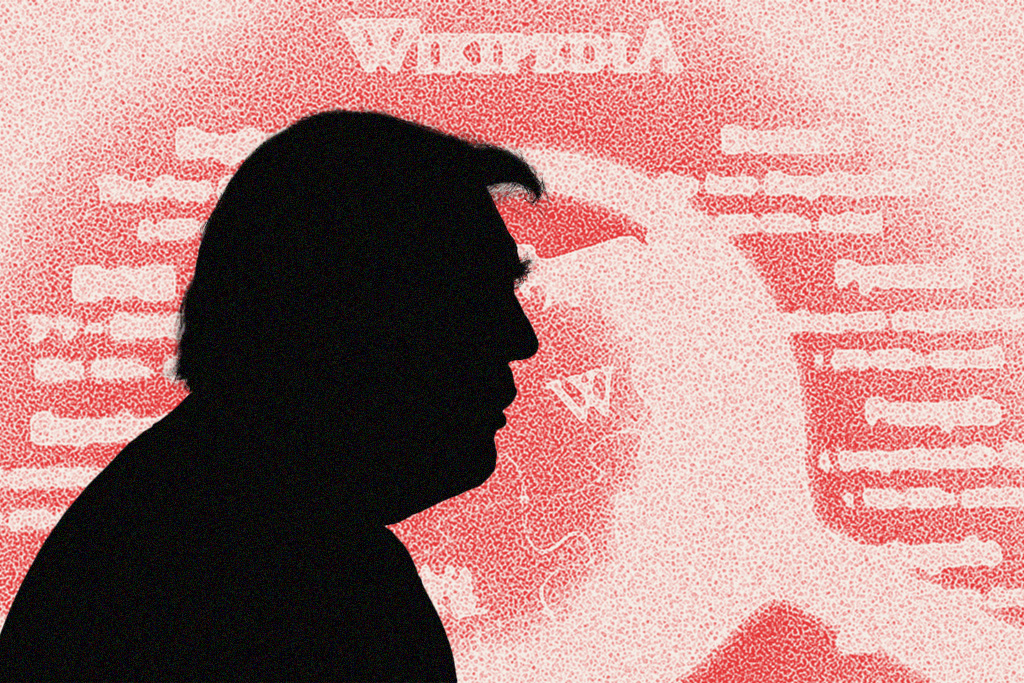Prosecutors allege Bannon thought he was "above the law" when he refused to comply with Jan. 6 committee subpoena
Washington — The prosecution and defense made their statements in the criminal contempt case against top Trump adviser Steve Bannon Tuesday — blocks away from the Capitol, where the House Jan. 6 select committee is preparing for a primetime hearing Thursday focusing on former President Donald Trump's alleged inaction during the assault on the Capitol.
Bannon is charged with two counts of criminal contempt of Congress for refusing to comply with a September 2021 subpoena from the select committee, which had demanded he sit for a October deposition and hand over documents relevant to its probe by Oct. 7.
"Congress was entitled to the information it sought. It wasn't optional. It wasn't a request. And It wasn't an invitation. It was mandatory," Assistant U.S. Attorney Amanda Vaughn told the Washington, D.C., jury. "The defendant decided he was above the law ... and that is why we are here today."
Prosecutors characterized Bannon's alleged crimes as a simple refusal to comply with a lawful request from Congress, free of the chaos and drama of the Jan. 6 attack itself.
"This case is not about what happened on Jan. 6," Vaughn said. "This case is about the defendant thumbing his nose at the orderly processes of our government."
"By that 10 o'clock in the morning deadline on Oct 7, 2021," prosecutors alleged, "the committee had not heard a word from the defendant. That deadline came and went, and he ignored it."
Vaughn said Bannon was warned again, later in October, that if he did not comply with the committee's requests, he could face criminal prosecution.
"He's innocent of the charges," Bannon attorney Evan Corcoran responded in his opening statement, arguing the case wasn't as clear as the government described it.
Corcoran contended negotiations between the committee and Bannon's other attorney, Robert Costello, were still underway at the time of the alleged default.
"No one believed that Steve Bannon was going to appear on Oct. 14, 2021," Corcoran said, adding Bannon thought the subpoena deadline was flexible and subject to further discussion.
"Politics is the lifeblood of the House of Representatives," Corcoran said, later suggesting politics, not law, was at play in the courtroom.
Bannon, who was a private citizen at the time of the Jan. 6 committee's inception last year, was charged after the the House of Representatives referred his noncompliance to the Justice Department, which later brought an indictment against him.
Bannon's attorney said at the time his client was merely following the direction of former President Trump's legal team to not provide documents or testify due to executive privilege, although several courts have said Trump is not entitled to claim executive privilege. Bannon was also not employed by the White House on Jan. 6, 2021. Bannon pleaded not guilty to both counts.
Tuesday's opening statements were presented to a jury of 14 Washington, D.C., residents who were selected following a relatively intense and drawn-out process that began on Monday.
The jurors include an appliance worker who watched part of the first Jan. 6 committee hearing, a parks and recreation employee and a D.C. city employee with apparently vast experience serving on juries. "They call me once every two years," she told the judge Monday.
A NASA contractor, an architect, a COVID-19 testing contractor and an online art dealer rounded out the group in a nearly two-day waiting game after the judge and attorneys from both sides probed 40 individuals about their jobs, opinion on the House Jan. 6 Committee, and Bannon's work with Trump over the years.
The group of 14 — two of whom will act as alternate jurors — was empaneled after prosecutors and Bannon struck a total of six individuals at their own choosing.
Tuesday's proceedings were delayed and the prospective group of jurors left waiting after Bannon's team asked the court to exclude three letters exchanged between the House Jan. 6 committee and Bannon's attorney, Robert Costello. The letters, Bannon's team argued, were "classic inadmissible hearsay" and not admissible in court. They also said the correspondence could open the door to information on Bannon's views of executive privilege and advice of counsel, arguments he has tried to use as a defense that the judge previously ruled were inadmissible during trial.
Prosecutors disagreed, arguing that the letters demonstrated that Bannon had willfully ignored Congress' demands after unsuccessfully trying to get the committee to stand down. The government tentatively agreed to submit the letters with redactions.
An hourslong back-and-forth between prosecutors, Bannon's attorneys and Judge Carl Nichols over exactly what was admissible ensued. Bannon's team unsuccessfully asked to delay the trial for 30 days to reshape its arguments.
Just last week, Bannon told the Jan. 6 committee in an about-face that he is willing to testify — publicly. "While Mr. Bannon has been steadfast in his convictions, circumstances have now changed," Costello wrote in the letter obtained by CBS News. Bannon's lawyer also said that while Trump has invoked executive privilege over his testimony and documents, the former president "has decided that it would be in the best interests of the American people to waive executive privilege for" Bannon, allowing him to comply with the subpoena.
Prosecutors convinced Judge Nichols to exclude this new stance from testimony at the criminal trial, but in court on Tuesday, Bannon's defense team once again argued his change of heart was relevant to the jury, since prosecutors had argued that Bannon continually thought he was "above the law" in refusing to comply.
The government called its first witness, Kristin Amerling, the House Jan. 6 committee's deputy staff director and chief counsel, who discussed the formation of the panel and its mission, mandate and powers.
Amerling told the jury that congressional subpoenas are not optional.
"We have a limited about of time in which to gather information," she said. "The threat to our democratic institutions continues."
Amerling said she advised the committee on Bannon's subpoena for testimony and documents after public reports indicated he "played multiple roles" in the lead-up to Jan. 6, like persuading the public that the election was illegitimate and appearing on a podcast before the Capitol breach predicting that "all hell will break loose."
She spoke about the subpoena, including its "commands" and deadlines.
Bannon is the first of two former Trump aides charged with criminal contempt of Congress to stand trial. Former trade adviser Peter Navarro was also indicted after refusing to comply with a Jan. 6 committee subpoena and is set to stand trial in November, after pleading not guilty.




